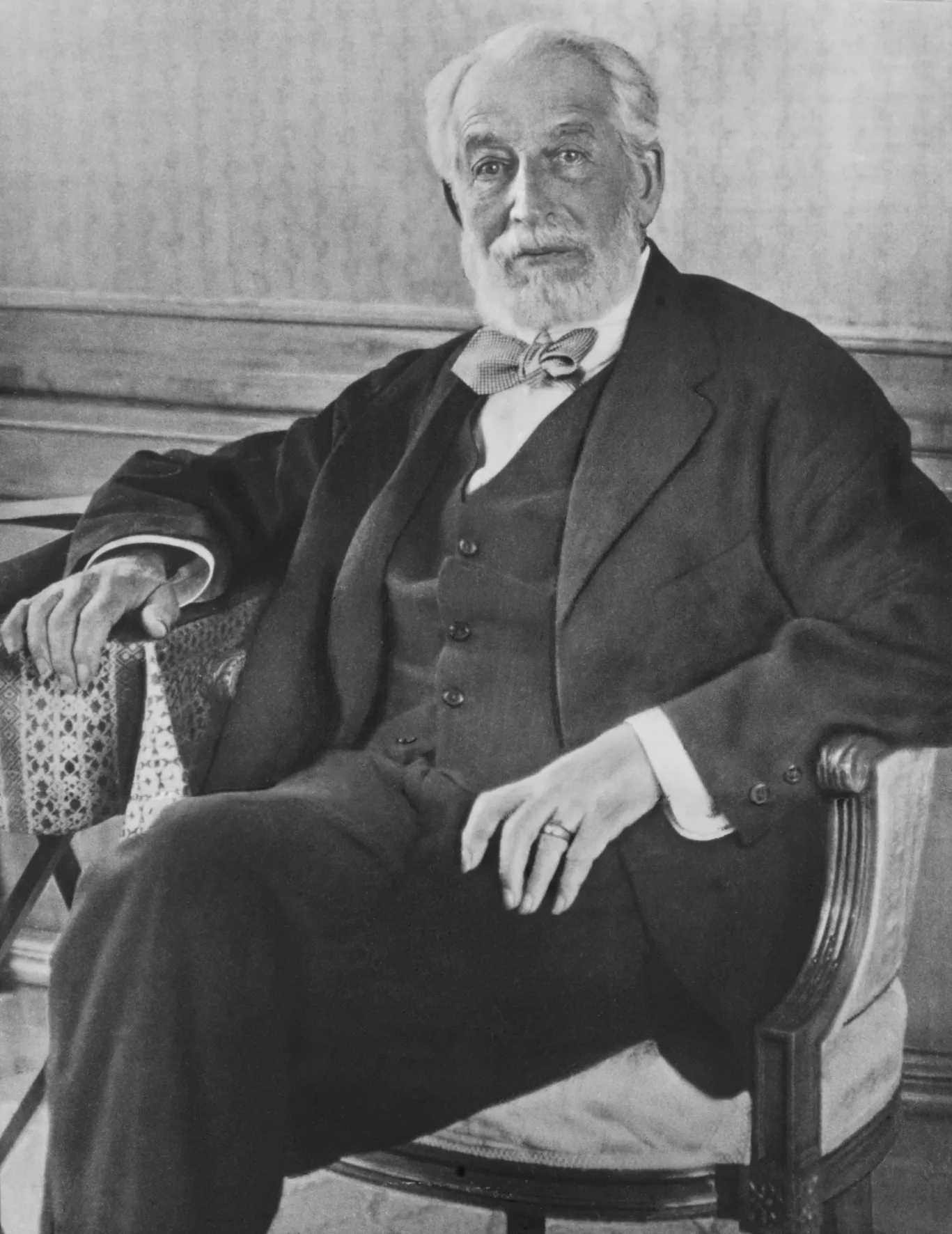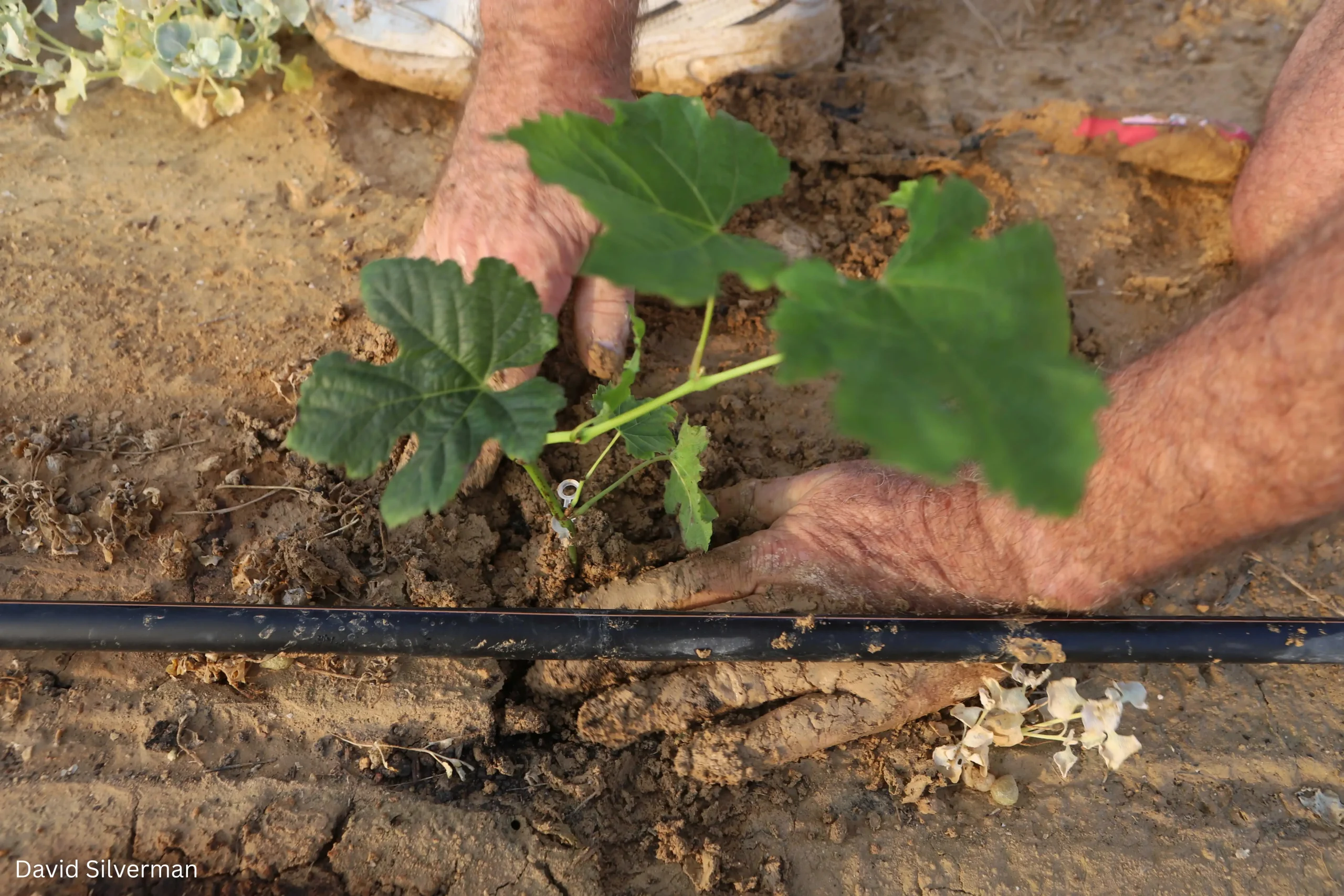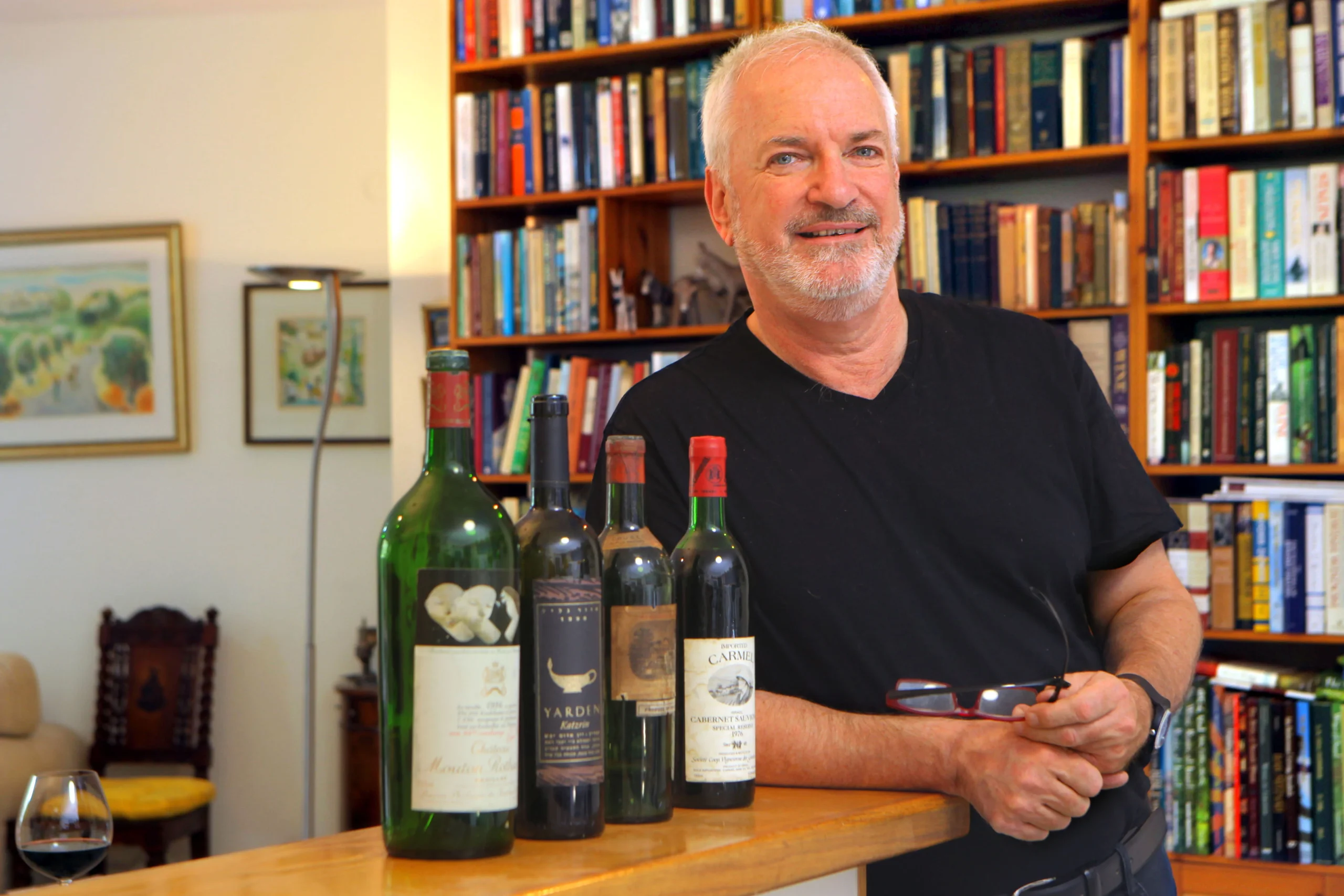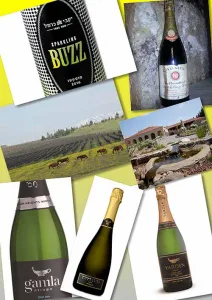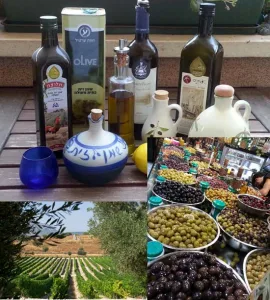Israel is a new world wine country, in one of the oldest wine regions on earth. In this Biblical land, one can find a curious combination of the new, old and ancient world of winemaking in a country no bigger than New Jersey or Wales. Ancient Israel, with roots going back deep into Biblical times, must have been one of the earliest wine producing countries at least 2,000 years before the Greeks & Romans took the vine to Europe. It took a Rothschild to renew the tradition and create a modern wine industry.
Baron Edmond de Rothschild, owner of Chteau Lafite, founded Carmel Winery in 1882 and built two large wineries with deep underground cellars, at Rishon Le Zion and Zichron Yaacov. Until today, they remain the two largest wineries in Israel. The cuttings were from Chteau Lafite and the first winemakers of Carmel were from Bordeaux. The initial advice and expertise was French, even the winemaker of Lafite, Charles Mortier, was one of the early consultants.
However in those days the interest in Israeli wine was not great and inexpensive bulk wine or sweet wine was what the market desired. The quality revolution only really arrived in 1980s, when expertise was brought from California. It was the Golan Heights Winery, which introduced new world viticulture and winemaking techniques, and their Yarden wines began be noticed.
In the 1990s a new awareness of quality food and wine began to spread in Israel. A growing number of small wineries were formed. Most famous of these was Domaine du Castel, which was found by Serena Sutcliffe MW, and then by Decanter magazine. The owner, Eli Ben Zaken, taught himself how to make wine from Emile Peynauds book on winemaking. Another was Margalit Winery, founded by Dr. Yair Margalit, a chemistry professor. Since the beginning of the 2000s, wineries of the caliber of Yatir Winery and Clos de Gat were formed. Yatir was a pioneer of a total new region, and Clos de Gat, was Israels first true estate winery. Each received international recognition to draw attention to Israeli wines.
Since then, something close to a wine fever has gripped the country. The area of vineyards has increased to 5,000 hectares and there are now 35 commercial wineries and more than 250 wineries in all. The larger wineries are: Carmel, Barkan-Segal, Golan Heights, Teperberg, Binyamina, Galil Mountain, Tishbi, Recanati, Dalton and Tabor. The best of the smaller wineries are Castel, Yatir, Margalit, Clos de Gat, Chateau Golan, Flam, Pelter, Ella Valley, Saslove, and Vitkin. However all this is relative, because Israel is still a tiny wine country, producing even less than Cyprus. The difference though, is the focus is on development and ongoing improvements in quality.
The main quality red wines are made from Cabernet Sauvignon, Merlot and Syrah. There are also some interesting varietal Cabernet Francs. Characterful Old Vine Carignans and Petite Sirahs give a hint of what Israel may become known for in the future. Amongst the whites, apart from Chardonnays and Sauvignon Blancs, there are also Gewurztraminers, Rieslings and Viogniers. Although Israel has won major awards for dry white wines and sparkling wines, it is probably best regarded for its red wines and dessert wines.
Israel is famed for its agriculture. Drip feed irrigation, which is used worldwide, was an Israeli invention that revolutionized the global agricultural industry. Israels viticulturists are technologically advanced and up to date. As an Eastern Mediterranean country, it is not a surprise that the climate is mainly Mediterranean. The country is divided into five registered wine regions: Galilee in the north, Shomron, Samson, Judean Hills and the Negev Desert, in the south. Like many thin countries, there are a surprising number of microclimates in so small an area. The most successful sub-regions for producing high quality wines are those with cooler climate and higher altitude, like the Golan Heights, Upper Galilee and Judean Hills.
Israels two most famous wineries remain Carmel and The Golan Heights. These are large wineries producing good value wines at every price point, but their best wines are amongst the finest in Israel. Carmel has vineyards all over Israel, including some quality old vine vineyards. The winery is particularly well-represented in the Upper Galilee, where it has a new small winery and a number of young vineyards. This is where their award winning Kayoumi Single Vineyard and most of their Appellation wines come from. The Golan Heights Winery is situated at Katzrin. Yarden and Gamla are produced from vineyards on the Golan Heights plateau. Carmel and Golan represent the terroirs of the Upper Galilee and Golan Heights respectively.
Israels most celebrated wineries are Domaine du Castel and Yatir Winery. Castel is situated in the mountains west of Jerusalem. Yatir Winery is situated in the north eastern Negev Dessert at Tel Arad, but the vineyards lie in Yatir Forest, Israels largest forest, at up to 900 meters above sea level. The repeated successes of both these wineries illustrate the growing respect being given to wines from the Judean Hills.
Most of Israels wineries are modern, technologically advanced and all the major wineries employ internationally trained winemakers, with experience in major wine producing countries. For example, the winemaker of the Golan Heights Winery, Victor Schoenfeld, is from California. He studied at U.C. Davis and had previous experience with Robert Mondavi. Carmels Lior Lacser, studied in Burgundy, worked in Burgundy and Bordeaux, including a spell with Michel Rolland. Eran Goldwasser, winemaker of Yatir, is a graduate of Adelaide University and included work experience at a Southcorp/ Fosters winery.
Lately, sommeliers, retailers and wine critics all over the world, are beginning to show new interest in Israeli wine. They are impressed by the youth, knowledge and dynamism of Israels viticulturists and winemakers. Critics are also reporting favourably. Castel was awarded four stars in Hugh Johnsons Pocket Wine Book 2010. Yatir Forest, the premier label of Yatir Winery, scored 93 points, the best yet for Israel, in the Robert Parkers Wine Advocate and Yarden Cabernet Sauvignon made the Wine Spectators Annual Top 100, for the first time. This does not hint at the depth and variety of the Israeli wine revolution. Robert Parkers latest Wine Buyers Guide devotes nine pages to Israel. The previous edition did not feature even one Israeli wine!
The Eastern Mediterranean was the cradle of wine culture. Israel, like other countries in the region, reeks of wine through its history, archaeology, culture and religious ritual. It has had 5,000 years of practice, and finally the wines are of good quality, showing regional character and improving. Israel today is arguably producing the best quality wines to be found in the Eastern Medterranean.
Article written by Adam Montefiore for TASTED Magazine












